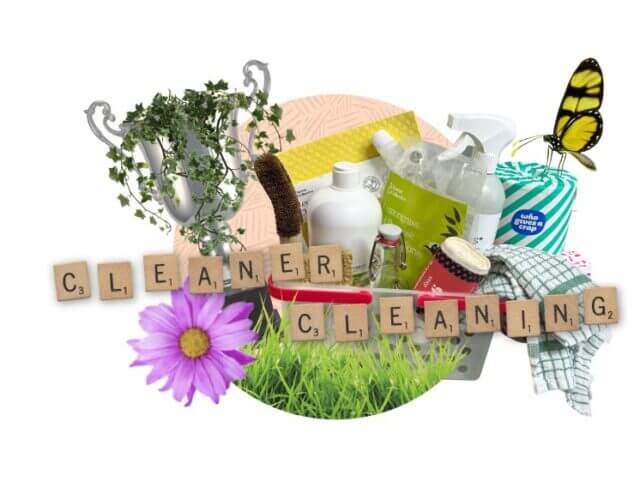Together, with our cleaners, we researched and wrote this Cleaner Cleaning Guide. It will help you save money, clean greener and polish your planet-saving halo!
Greening up your cleaning is a simple way to save money and make a positive impact.
Self catering holiday home owners can really take the lead with green cleaning.
71% of people want sustainable stays and increasingly expect owners to deliver this for them.
By the end of 2024 we’re asking all of our owners to use 60% green cleaning products.
Just switch, swap, and learn a bit – we’ve done the hard work for you.

















